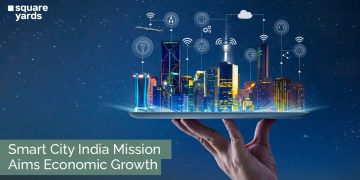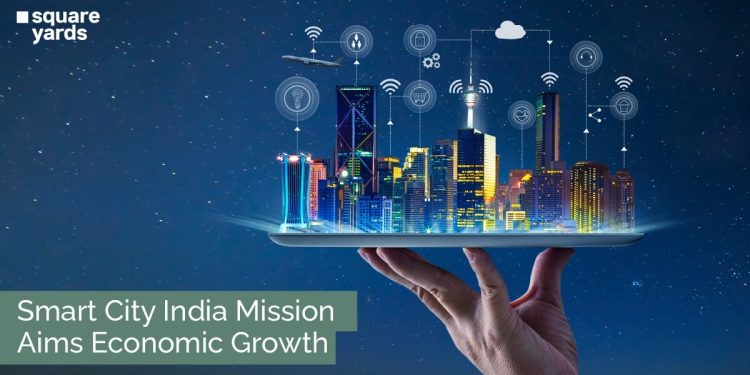🏙️ Introduction
India’s rapid urbanization is reshaping the country’s social and economic fabric. By 2025, smart city projects, improved infrastructure, and sustainable urban planning are transforming metropolitan and smaller cities alike to address challenges of population growth and environmental impact.
🏗️ Smart Cities and Technology Integration
- Development of 100+ smart cities with IoT-enabled infrastructure, smart grids, and real-time data management.
- Use of AI for traffic management, waste disposal, and public safety.
- Emphasis on digital governance for efficient service delivery.
🚦 Infrastructure Development
- Massive investments in public transport, metro rail expansions, and road networks.
- Affordable housing schemes addressing urban housing shortages.
- Green building codes promoting energy efficiency and eco-friendly construction.
🌳 Sustainability Initiatives
- Promotion of urban green spaces, rainwater harvesting, and renewable energy use.
- Policies to reduce urban pollution and improve air quality.
- Waste management and recycling programs involving community participation.
👥 Social and Economic Impact
- Urbanization driving job creation in services, manufacturing, and technology sectors.
- Challenges like traffic congestion, informal settlements, and resource strain being addressed through policy reforms.
- Inclusion efforts for migrant workers and vulnerable urban populations.
🧠 Final Thought
India’s urbanization journey in 2025 reflects a balance between growth and sustainability. Smart city initiatives and innovative urban planning are crucial to building livable, resilient cities for the future.

































































